
Research
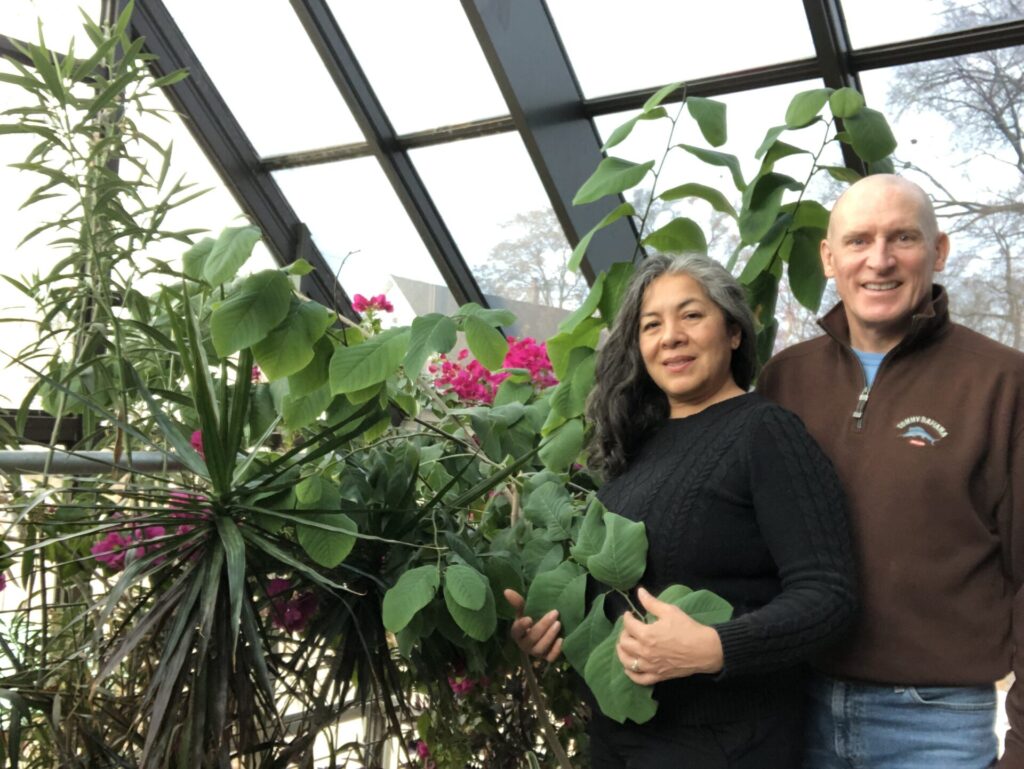
Walking the Energy Efficiency Walk with Detroiter and Pecan Street Participant Ed Gies
By Colin Rowan, director of communication, Pecan Street – If you go through the list of technology and energy efficiency features in Ed Gies’ southwest Detroit home, it’s hard to believe it’s the same neighborhood his parents lived in after World War II.
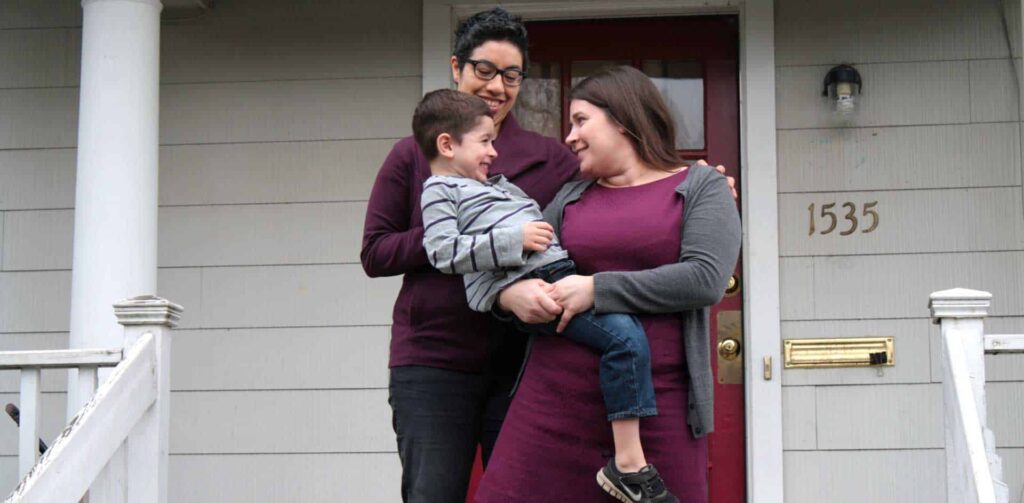
Connecting Energy Data with Voices of Real Homeowners
Guest Blog by Hannah Danaë Goodman of CAPA Strategies – No one likes to spend on their energy bill, but for many families across the country, utilities aren’t just an inconvenience but a huge financial burden. For families living paycheck to paycheck, high energy bills can be a serious source of stress that forces them to do burdensome mental math about cutting costs in other areas, finagling payment plans, or reaching out to family members for assistance.

Pennsylvania Voluntary Participation Agreement
Following is a participant agreement for Pecan Street’s current volunteer recruitment in Pennsylvania. By completing and submitting this form, you are agreeing to the terms outlined below. Please read this agreement carefully. It explains all of the roles and responsibilities for Pecan Street Inc. and the research participants. After reading the agreement, you will be […]
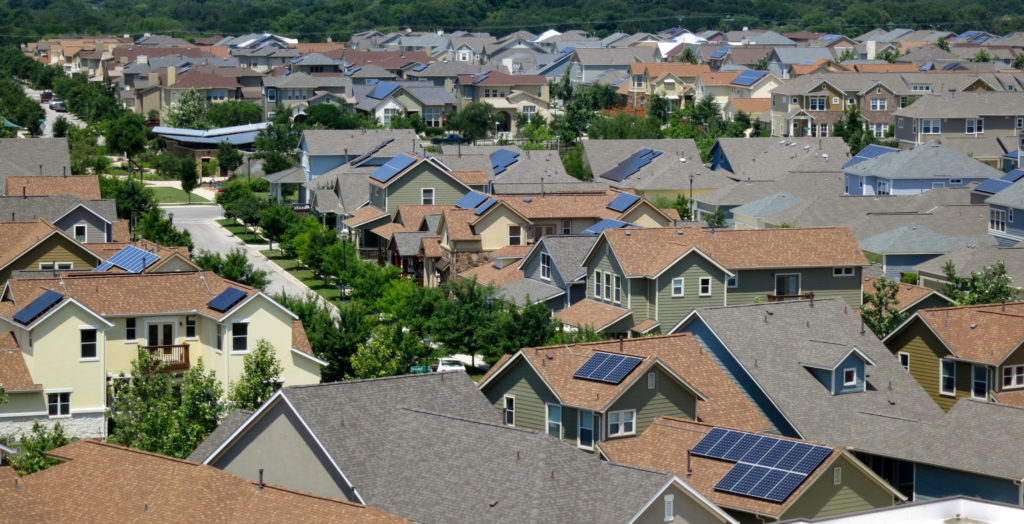
Pecan Street Awarded $7.9 Million to Develop Solar Congestion Solution, Improve Solar Access for LMI Customers
The U.S. Department of Energy has granted a five-year, $7.9 million Grid Resilience and Innovation Partnerships Program (GRIP) grant to Pecan Street Inc. and its partners to develop and deploy technology that will allow utilities to manage solar supply and energy demand throughout the grid.

Pecan Street Inc. and Local Partners to Expand Novel Energy Equity Research Network to Oklahoma, Georgia, Oregon and Pennsylvania
A 3-year, $2.5 million grant from the Alfred P. Sloan Foundation to Pecan Street Inc. and university and local community partners will expand Pecan Street’s household energy research network to four new regions.

Oklahoma City Voluntary Participation Agreement
Following is a participant agreement for Pecan Street’s current volunteer recruitment in Oklahoma City. By completing and submitting this form, you are agreeing to the terms outlined below. Please read this agreement carefully. It explains all of the roles and responsibilities for Pecan Street Inc. and the research participants. After reading the agreement, you will […]
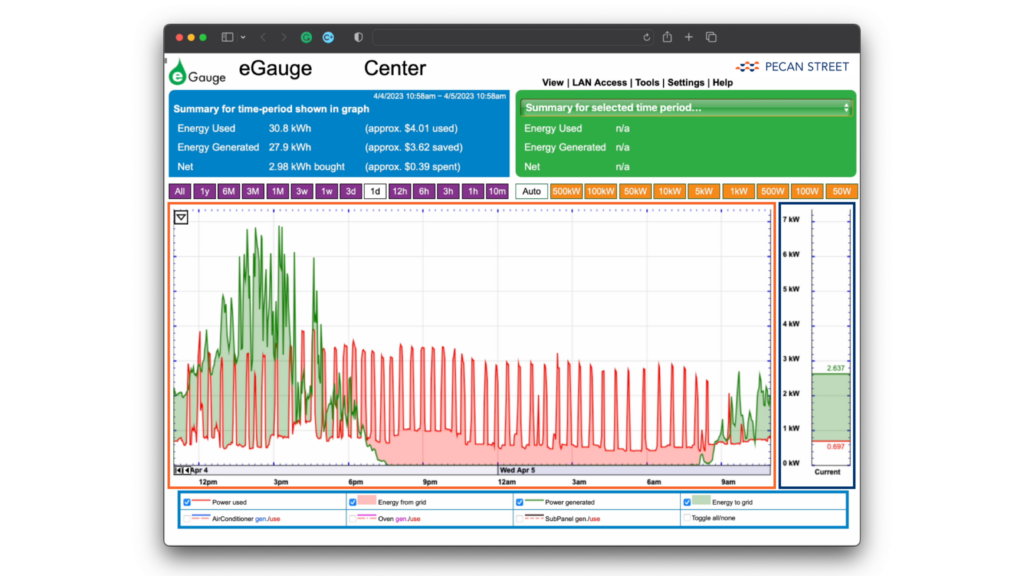
eGauge Tour: A Quick Tutorial for Pecan Street Participants
By Rachel Jenkins, Director of Operations, Pecan Street – If Pecan Street has installed an eGauge in your home and you’re looking for a quick guide for viewing your data, you’re in the right place. Below you’ll find everything you need to know to log in and nerd out.

Community, Local Experts and Showing Up Have Been Key to Pecan Street’s Expansion
By Rachel Jenkins, Director of Operations, Pecan Street – My recent trip to Culebra, Puerto Rico, where we’re recruiting about 50 families to participate, was further proof that community, local experts and simply “showing up” have been key to our efforts.
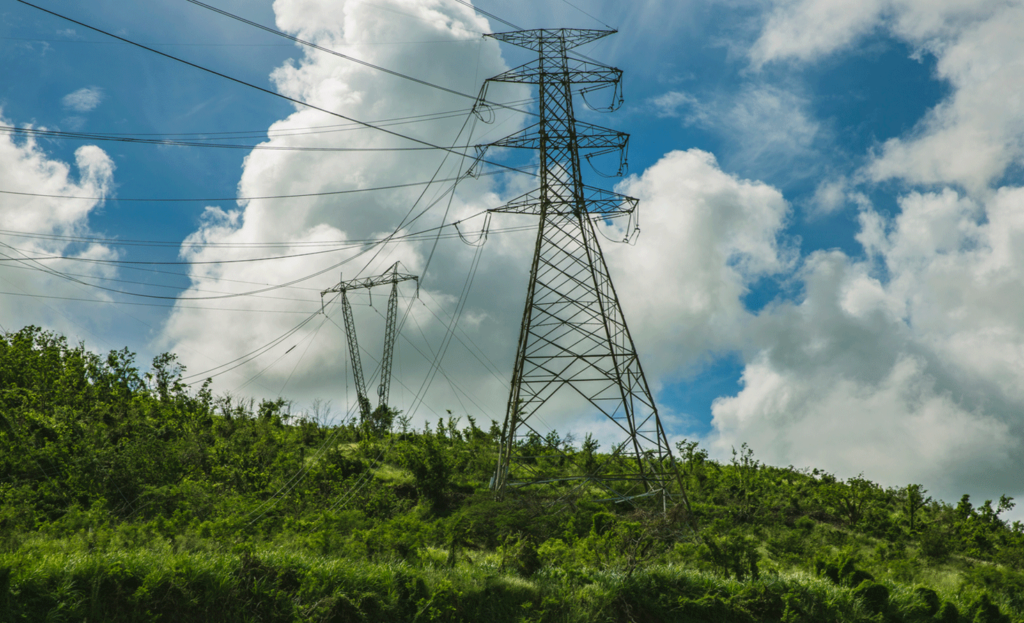
Pecan Street’s Expansion to Puerto Rico Promises Energy Data Goldmine for Researchers and Electricity Customers Everywhere
By Cavan Merski, data analyst, Pecan Street – Our expansion into Puerto Rico is unique; nowhere else on Earth can you find the island’s combination of energy challenges and energy ambition.

Digital Dirt Update: Using AI/ML to Advance Soil Carbon Sequestration
By Scott Hinson– Pecan Street’s Digital Dirt initiative was designed to accelerate the development of cost-effective ways to predict how land management practices can increase soil organic carbon, a promising climate solution. The next generation of high-tech sensors will surely be part of the solution, but they a still far from being something most producers can use to obtain accurate results. We see significant near-term potential for simulation models to fill this gap.

Pecan Street’s JupyterHub Can Help Rapidly Scale and Iterate Your Research
By Cavan Merski, data analyst, Pecan Street – To allow better access and more sophisticated analysis of this data, we launched our own Jupyterhub, a multi-user server for Jupyter Notebooks designed to support large-scale analysis by using GPU and memory based on a server rather than a local machine. It also allows multiple users – like groups of students or researchers – to share the same document at the same time.

More Clean Power in Texas will Require More Grid Transmission and DER Development
By Cavan Merski, data analyst, Pecan Street – The ERCOT power grid is back in the news. Texas experienced its hottest May on record and June has seen consistent record-breaking temperatures as well. ERCOT has been busy trying to balance extremely high grid demand with various electric generation plant outages. On June 12, ERCOT recorded its highest ever grid demand of over 75GW. That record only lasted one week before grid demand climbed to more than 76 GW on June 20. And we're wasting emission-free wind and solar power.

Cooling a Warming Planet: What Homes in Texas and New York Can Teach Us About Cooling Demand Around the Globe
By Cavan Merski, data analyst, Pecan Street – We were interested to see how our homes in these two regions compared now and what will happen in the future as climate change brings warmer summers to most of the country, so we performed a series of regressions to explore differences in the cooling load between homes in Austin, TX homes and Ithaca, NY.

First Look at High-Resolution Home Energy Data in Puerto Rico Suggests Vastly Different Challenges and Opportunities.
By Cavan Merski, data analyst, Pecan Street – The first Pecan Street home in Puerto Rico is online, and we already see some differences compared to the hundreds of homes in our network in Texas, New York, California and Colorado.

Delaware Voluntary Participation Agreement
Following is a participant agreement for Pecan Street’s current volunteer recruitment in Delaware. By completing and submitting this form, you are agreeing to the terms outlined below. Please read this agreement carefully. It explains all of the roles and responsibilities for Pecan Street Inc. and the research participants. After reading the agreement, you will be […]

Financing Will Drive Adoption of Regenerative Ag
By Jill Harlow – Data will drive the financial resources that emerge to help farmers and ranchers transition to regenerative agriculture. Our new white paper, Financing the Transition to Regenerative Agriculture and Beyond, examines how traditional agricultural funding resources can adapt to support innovative agricultural practices and inventories key players that are leading the way.

Puerto Rico Voluntary Participation Agreement
Following is a participant agreement for Pecan Street’s current volunteer recruitment in Puerto Rico. By completing and submitting this form, you are agreeing to the terms outlined below. Please read this agreement carefully. It explains all of the roles and responsibilities for Pecan Street Inc. and the research participants. After reading the agreement, you will […]

What California’s Rule 21 Gets Right and Wrong for Residential Solar
By Scott Hinson, chief technology officer, Pecan Street - Several of the requirements of California's Rule 21 will help encourage the installation of more solar and storage. However, there are two areas where Rule 21 lacks important features or functions for improved solar integration and grid resiliency.

Pecan Street to Conduct Field Testing and Data Management for $2.9 Million ARPA-E Study on HVAC Efficiency
Austin-based Pecan Street Inc. will conduct the field testing and data management for a University of Michigan study that will tackle two of the electricity industry’s biggest – management of renewables intermittency and management of heating, ventilation and air conditioning (HVAC) load growth – the latter of which is projected to be one of the top drivers of global electricity demand and carbon emissions over the next few decades.

Pecan Street Launches Texas’ First Grid-Connected Vehicle-to-Grid Research and Testing Center
Pecan Street Inc. launched Texas’ first grid-tied vehicle-to-grid (V2G) testing center at its lab in Austin, Texas, turning electric vehicles into a dispatchable load shaving tool for municipally-owned electric utility, Austin Energy.

Restarting Homeplug
Your eGauge energy data collection system reports data back to Pecan Street’s servers using Power Line Communication (PLC), where the data collected by the eGauge is transmitted through your power lines to a device called the Homeplug. The Homeplug retrieves that data from the wall outlet and sends it to your router/modem via ethernet cable, […]

New York and California Participation Agreement
Following is a participant agreement for Pecan Street’s current volunteer recruitment in New York and California. By completing and submitting this form, you are agreeing to the terms outlined below. If you would like to learn more about participating in our research, please visit our Resources page. To begin, please provide the contact information and […]

Pecan Street Releases Powerful Residential Electricity Dataset with Potential to Revolutionize Electricity Management
(AUSTIN, TX – March 29, 2018) — Pecan Street Inc. has released a groundbreaking dataset containing one year of one-second interval consumer electricity data collected through its volunteer residential research network. The dataset includes measurements from 40 homes for whole home electricity use, solar generation, electric vehicle charging, HVAC, major appliances and other in-home circuits. […]

Pecan Street Inc. Names Suzanne Russo CEO
The board of directors of Austin-based research organization Pecan Street Inc. has named Suzanne Russo chief executive officer effective March 1. Russo joined Pecan Street in 2010 and has served in several roles, including chief of staff and chief operating officer.

Press Release: Pecan Street PLATFORM Provides Testing, Validation and Market Entry Support for Energy Tech Startups
Texas-based Pecan Street Inc. is now accepting applications from energy technology startups for its new PLATFORM program. Designed to leverage Pecan Street’s groundbreaking research on residential and small business electricity and water use, PLATFORM integrates data-driven market intelligence, product development and validation, rapid prototyping, and collaboration with venture funding and energy industry executives.

EDF Uses Pecan Street Data to Show Solar and EVs Cut Emissions and Water Use
Research conducted by Environmental Defense Fund (EDF) found that homes with residential solar and electric vehicles generate fewer greenhouse gas emissions and use less water than homes powered solely by the grid. The research used data from homes in Austin participating in Pecan Street's energy research.

Pecan Street Opens Student Research Competition
Pecan Street is hosting its second student research competition. Awards totaling $10,000 will be made to students that develop the most impactful research using Pecan Street's unique dataset to answer a question of critical importance to industry.

Energy Research Organization Testing New Waters
Pecan Street uses a smart-grid system, an electricity supply network that uses newly developed technologies, to detect and communicate changes in the use of electricity, gas and, most recently, water. Pecan Street provides researchers and organizations energy use data to manage electricity demand and encourage sustainable practices.

UT Inventor John Goodenough on Verge of Another Revolution in Battery Tech
More generally, the new battery could also help on the business side, for instance by enhancing the range of trucks. “It’s a plus across the board,” said Scott Hinson, the director of engineering for Pecan Street Inc., an Austin-based consortium trying to introduce new water-and-energy-use technologies into everyday life.

Solar Power On Brink Of Huge Boom, Social Research Indicates
Solar power stands at the precipice of explosive growth, according to Brewster McCracken, CEO of Pecan Street, a research institute located in Austin, Texas, that focuses on the utility industry.





